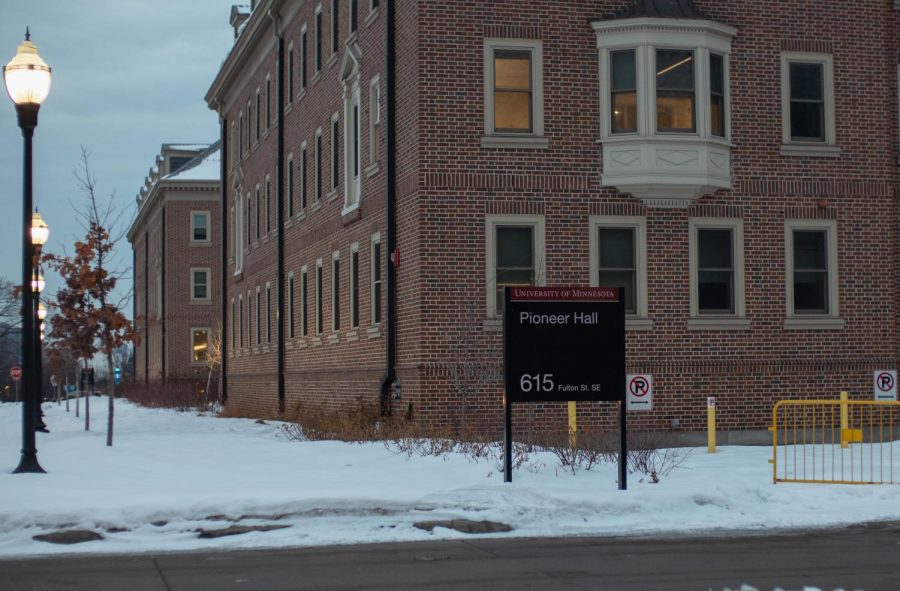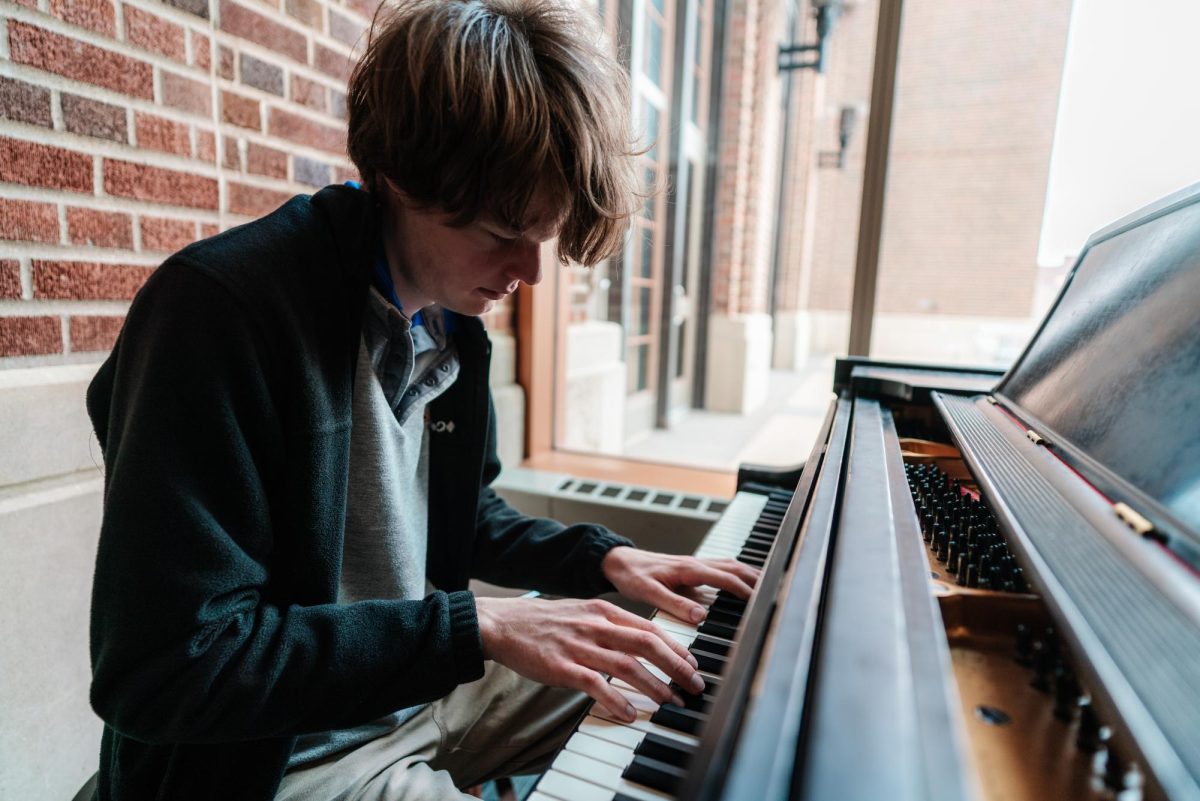University students, smokers and nonsmokers might soon find themselves puffing on a new concept – a smoke-free campus.
Edward Ehlinger, director of Boynton Health Service and chair of the University’s Alcohol, Tobacco and Other Drug Committee, said a University-wide ban is a possibility.
Preliminary meetings are underway to decide whether to discuss a campus smoking ban. There is no specific time frame for a decision, he said.
Discussions were spurred by a Minnesota State-Moorhead campus ban on tobacco use and sales and Gov. Tim Pawlenty’s recent signing of a statewide smoking ban.
Ehlinger said student complaints of secondhand smoke at bus stops and near campus buildings suggest some student support for a similar ban on campus.
Blake Rutledge, a smoker who visits campus frequently for work said “being around secondhand smoke is a choice” and not something that a ban should prohibit, especially in bars.
He said he didn’t think there would be much resistance to a campus smoking ban from the general public, but rather from smokers at the University.
“You shouldn’t have to walk five blocks to have a smoke,” he said.
Boynton’s Student Network for Abuse Prevention supports a campus-wide smoking ban, said Andrea Ahneman, undergraduate coordinator.
Aside from participating in the “Great American Smokeout” – a day dedicated to encourage smokers to quit – the group primarily focuses on alcohol abuse, but would like to focus more on smoking, Ahneman said.
A ban would take “a lot of work to get everyone behind it,” she said.
Dave Golden, director of public health at Boynton, said tobacco usage rates drop with discussions of statewide and campus-wide bans.
“It makes it less likely for (people) to smoke at home or in their car,” he said, because people are more aware of the risks of smoking.
Golden said he likes the idea of a smoke-free campus and complimented Moorhead’s united approach.
Katy Wilson, assistant vice president for student affairs at Moorhead and member of the Alcohol and College Life Committee, said questionnaires and the student senate found overwhelming student support for the ban.
“The right majority was in support of it,” she said of the students backing the proposal.
Susanne Williams, chair of Moorhead’s Alcohol and College Life Committee, said more people are weighing personal rights with public health than in the past.
The talks for the ban at Moorhead coincided with a U.S. Surgeon General’s 2006 report, which stated there “is no risk-free level of exposure to secondhand smoke.”
“This place was ready for it,” Williams said, after the previously held policy on smoking – in which students needed to smoke at least 20 feet from campus buildings – was poorly enforced.
Moorhead surveys named campus the No. 1 place students and employees said they were exposed to secondhand smoke.
Of the prospective students polled, only 4 percent said a smoking ban would make them less likely to attend Moorhead.
Wilson said she doesn’t expect enforcement to be a serious issue, with on-campus support including cessation programs to help smokers quit.
Electrical engineering junior and smoker Joe Stiglich said he feels enforcement would be difficult at the University.
“You can’t have people (supervising) everywhere,” he said.
Boyton’s Golden said enforcement of a ban wouldn’t necessarily be a problem, and said research has suggested a no-tolerance tobacco policy is easier to enforce than distance-based rules for acceptable smoking locations.
The statewide ban has “a positive impact on everybody,” he said.
State Sen. Ron Latz, DFL-St. Louis Park, who introduced the bill to the House of Representatives in 2003, said its focus was indoor air and health concerns relating to secondhand smoke.
Latz called the bill passage process “long, grueling, frustrating, energizing, and educational Ö people here had to get comfortable with the notion,” he said. “Once the public gets it, eventually it percolates up to the legislative level.”









